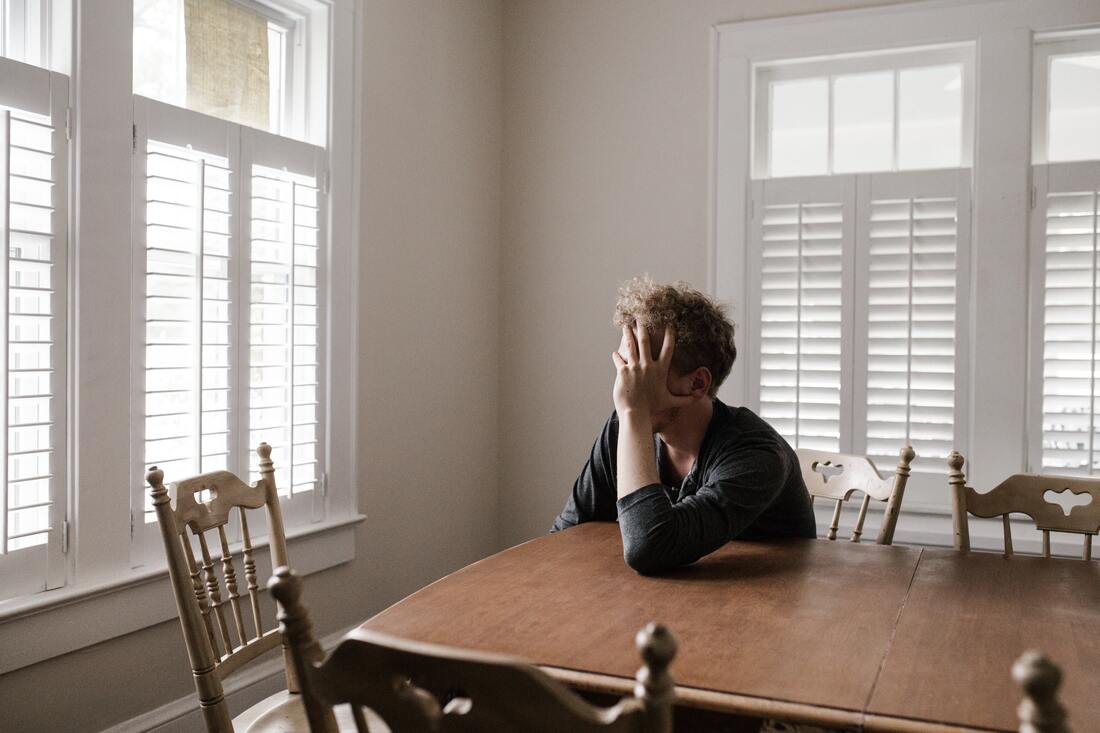The pandemic has been a traumatic event for many people. The fear of contracting the virus, the isolation and loneliness of lockdowns, and the grief of losing loved ones have taken a toll on our mental health. Even those who didn’t experience any of these stressors first-hand were still impacted by the collective trauma of the pandemic. The constant news coverage, social distancing, and isolation from loved ones all took a toll on our mental health.
While we’ve come a long way since those early days of the pandemic, the impact on mental health is still being felt. Even after the restrictions have lifted, the aftermath of the pandemic continues to be felt by many. It has affected our relationships, our work, and our overall sense of wellbeing.
As we moved into 2020, counselling services in Dublin saw a surge in demand. People were struggling to cope with the sudden changes brought about by the pandemic. The stress of adjusting to remote work, home schooling, and social distancing took a toll on our mental health. Many people experienced anxiety, depression, and other mental health issues for the first time in their lives.
As the pandemic unfolded, counsellors had to adapt to new ways of delivering their services. Online counselling became the norm, and therapists had to quickly adapt to providing remote support to clients. The shift to virtual sessions allowed many people to access counselling services for the first time. It also enabled counsellors to reach a wider range of clients, including those living in remote areas or with mobility issues.
As we move forward, it’s important to acknowledge the ways in which the pandemic has impacted our mental health. Many people are now seeking counselling to help them navigate the ongoing challenges brought about by the pandemic. The pandemic has brought about significant changes to our lives, and many people are still struggling to adapt. The stress of returning to the workplace, readjusting to social settings, and coping with ongoing uncertainties has left many people feeling overwhelmed and anxious.
We need to recognize that the need for counselling and support has increased, and that it’s essential to make these resources available to everyone who needs them.
One of the challenges in meeting this need is that there is still stigma around seeking help for mental health issues. While we’ve made progress in recent years in reducing this stigma, there are still many people who feel ashamed or embarrassed to seek support. This is particularly true for men, who are often socialized to hide their emotions and tough it out. It’s essential that we continue to break down these barriers and encourage people to seek the support they need.
Another challenge is that many people are simply unaware of the resources that are available to them. This is especially true for those who live in rural areas or who don’t have easy access to mental health services. We need to work to make sure that everyone knows what resources are available to them, and that those resources are accessible and affordable.
One potential solution to these challenges is the increased use of technology in mental health services. The pandemic forced many counsellors and therapists to move their services online, and this has proven to be an effective way to reach people who might not otherwise have access to support. As we move forward, we can continue to use technology to connect people with the support they need, regardless of where they live.
Another solution is to continue to invest in mental health services and support. This means making sure that there are enough trained professionals to meet the demand, and that these professionals are adequately compensated for their work. It also means investing in research to better understand the impact of the pandemic on mental health, and to develop new treatments and approaches to support those in need.
Ultimately, the increased need for counselling and mental health support since the COVID-19 pandemic is a reminder that mental health is just as important as physical health. We need to prioritize mental health in our healthcare systems, our workplaces, and our communities. By breaking down stigma, making resources available and accessible, and investing in mental health services and research, we can support everyone in achieving their best possible mental health.


 RSS Feed
RSS Feed

